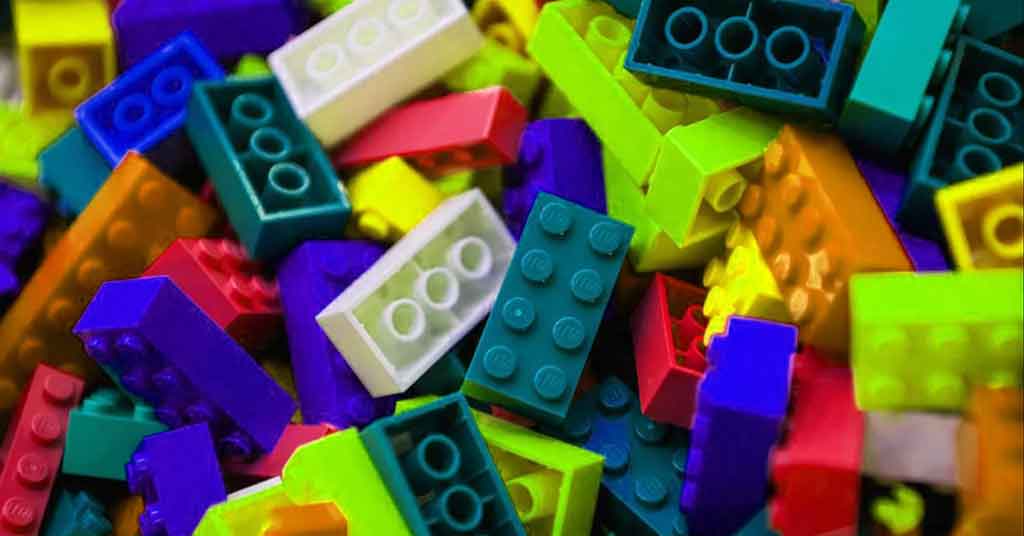Welcome To ChemAnalyst

Lego has reportedly decided to abandon its plans to produce bricks from recycled soda bottles as a substitute for oil-based plastic. This decision comes after it was determined that such a transition would not yield a reduction in greenhouse gas emissions. However, Lego remains steadfast in its commitment to manufacturing bricks from sustainable materials within the next decade.
Niels Christiansen, the CEO of Lego, revealed to the Financial Times (FT) that the renowned Danish toy company had conducted extensive research, testing numerous materials in their quest to find a suitable alternative to their oil-based plastic bricks. Despite their efforts, they faced challenges in identifying a "magic material" capable of replacing their current plastics.
In 2020, Lego pledged to transition all of its bricks to sustainable materials by 2030. However, it appears that the project encountered certain obstacles along the way.
Most of Lego's traditional bricks are presently crafted from acrylonitrile butadiene styrene (ABS), a thermoplastic polymer derived from petroleum. Lego had been exploring the possibility of shifting to recycled polyethylene terephthalate (PET), another thermoplastic polymer commonly used in beverage bottles. However, their research concluded that this transition would result in greenhouse gas emissions similar to those associated with their current production methods. Recycled PET lacks several essential characteristics that define Lego's classic bricks. Its manufacturing necessitates additional ingredients to ensure durability and safety, in addition to increased energy requirements for processing and drying the material. When these factors are considered, Lego determined that it would prove to be just as unsustainable as their existing options.
Tim Brooks, Lego's Head of Sustainability, drew an analogy to explain the situation, stating, "It's like trying to make a bike out of wood rather than steel."
Nonetheless, Lego is not abandoning its mission to transition to sustainable materials. The company maintains its commitment to producing bricks from sustainable sources by the year 2032.
According to a Lego spokesperson, as reported by the Independent, "We remain fully committed to making Lego bricks from sustainable materials by 2032."
They added, "We are investing more than $1.4 billion in sustainability initiatives in four years to 2025 as part of our efforts to transition to more sustainable materials and reduce our carbon emissions by 37 percent by 2032."
In essence, Lego's decision to reconsider the use of recycled PET for its bricks underscores the complexity of transitioning from traditional plastic manufacturing to sustainable materials. While they have encountered challenges in finding a suitable replacement, Lego remains resolute in its commitment to environmental sustainability and reducing its carbon footprint, emphasizing the importance of achieving these goals by 2032.
We use cookies to deliver the best possible experience on our website. To learn more, visit our Privacy Policy. By continuing to use this site or by closing this box, you consent to our use of cookies. More info.
